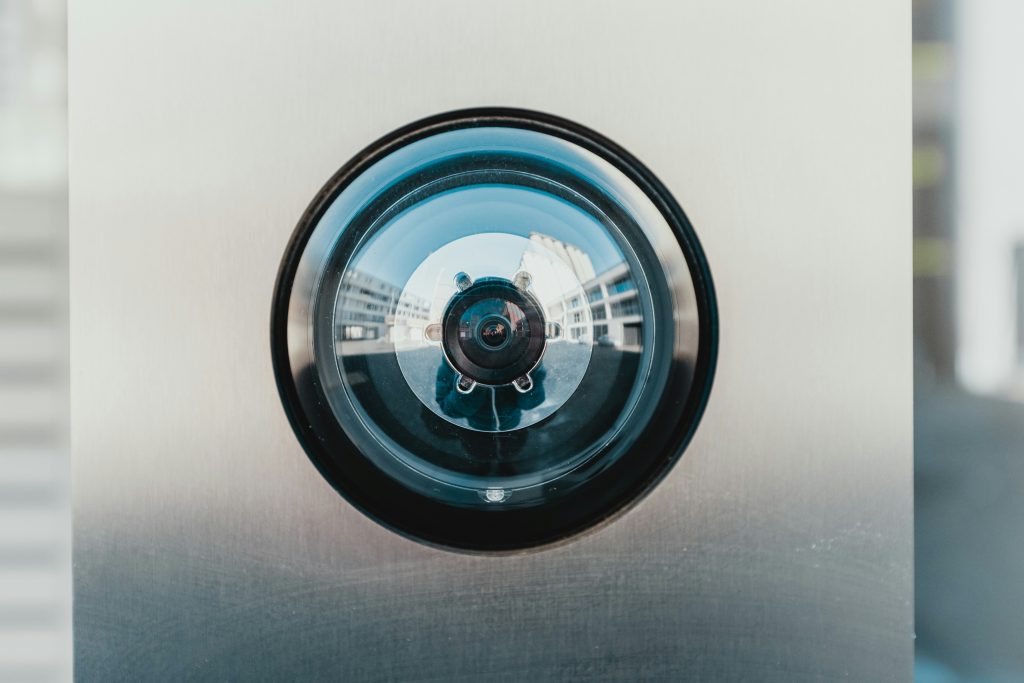Relaxation of the rule regarding loyalty when administering proof
Is evidence obtained by unfair means admissible in Court? Can an employer use as evidence a recording of a conversation without the employee’s knowledge, or a private message from Facebook?
In a landmark ruling in 2011 (Ass. plén., 7 January 2011, no. 09-14.316), the plenary assembly of the the French High Court, wishing to guarantee the ethics of the judicial debate, ruled that when evidence was obtained unfairly (e.g. without the person’s knowledge, as a result of a maneuver or stratagem), the judge had the duty to exclude this evidence from the proceedings.
- The Court of Cassation overturned its jurisprudence on 22 December 2023 (appeals no. 20-20.648 and no. 21-11.330)
The Court of Cassation now accepts to include in proceedings evidence obtained unfairly or unlawfully by a party, provided that it is essential to the exercise of that party’s rights.
This ruling overturns the Court’s previous jurisprudence, in light of the European Court of Human Rights case law, according to which courts cannot deprive an individual the possibility to prove his or her rights, when the only evidence available constitutes an infringement of the rights of the opposing party. Thus, from now on, illicit or illegal evidence will not necessarily and systematically be excluded from proceedings. It is up to the judge (i) to determine whether the evidence is essential to the exercise of the right to evidence, and then (ii) to operate a balance of the rights involved (i.e. the right to prove a right vs. other rights such as privacy, the protection of personal data or correspondence, for example).
The Court of Cassation applied this rule to two appeals with different results:
Clandestine recording of a conversation with the employee: admissible grounds for dismissal
In the first case, an employee had made comments that led the employer to dismiss him. The employer’s only evidence was a clandestine recording of their conversation. The Orléans Court of Appeal ruled that this evidence was inadmissible, as it had been made clandestinely. As there was no other evidence to prove the employee’s misconduct, the dismissal for gross misconduct was declared unfair.
The Court of Cassation overturned the ruling, recognizing the employer’s right to use evidence obtained unfairly, provided that such evidence is necessary for the strict defense of its rights.
Private Facebook message sent from the work computer of an employee: non-admissible grounds for dismissal
In the second case, an employee had exchanged messages with a colleague on his private Facebook account, which he had negligently left open on his work computer. In this message, he implied in unflattering terms that a colleague’s promotion was due to the sexual orientation of this colleague and his line manager, and was dismissed for serious misconduct on those grounds.
The Court of Appeal ruled that the dismissal was unfair, on the grounds that the evidence provided was unfair and unlawful and violated the confidentiality of correspondence.
The Court of Cassation also sanctioned the employer, ruling that the comments were of a private nature, were not intended to be made public and did not constitute a breach of a contractual obligation. At the same time, it reiterated its jurisprudence according to which elements related to private life cannot be grounds for a disciplinary sanction, unless they constitute a breach of a contractual obligation.
In conclusion, the decision of the Cour de cassation marks a turning point in French case law on the admissibility of evidence in civil law. Illegal evidence is no longer necessarily excluded from proceedings. The outcome of a trial is now, more than ever, subjectively assessed by the trial judges, who may or may not accept evidence depending on the circumstances of the case and the rights at stake. Hence, the conditions set forth by the high court remain subjective and therefore variable. The question remains: how will trial courts interpret and apply this decision in future litigations?
